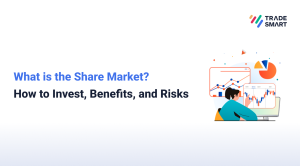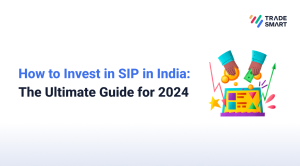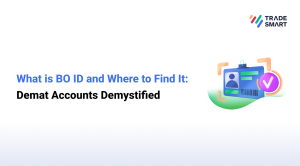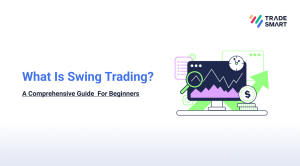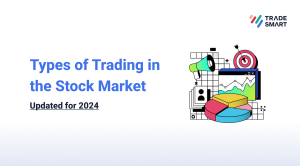As per NSE and MCX circular with respect to “Abnormal / Non-Genuine transactions in equity and derivatives segment” it is advised for traders to refrain from entering abnormal / non – genuine transactions, primarily with an objective of transferring profit / loss between the concerned entities (Ex: Group of people or institute etc.) or creation of artificial volume in securities / contracts.
Below are certain indicative scenarios which would help you to avoid during your trading.
- Concentrating your trading activity in a specific security / contract which is not traded very frequently or trading with low volumes and squaring up its position within a short span of time.
- Earning significant profit or incurring losses on account of such transactions. Also their consistent contribution to daily average volumes of security / contract may also be looked into.
- Creating fresh positions in the contracts that are very close to their respective expiry or on the day of expiry.
- Trading large quantities during the last half an hour which accounts for a significant percentage to total traded quantity.
- Your total traded volume in comparison with average daily traded volumes in that security should not have a significant difference.
- Additional emphasis to be given to Securities / Contracts where surveillance actions such as Additional Surveillance Measure, Graded Surveillance Measure, Periodic call auction, Trade for Trade etc. have been initiated.
Further, the Exchange reserves the right to consider any other criteria or trading pattern and other circumstantial evidence to identify other forms of market abuses and may consider to impose penalty and / or take additional disciplinary actions in accordance with the Rules, Bye-Laws and Business Rules of the Exchange.
Reason why we block illiquid contracts
- Far month contracts are usually illiquid as there are very few people who trade them. Considering this scenario there could arise an incidence where there would be no buyer or no seller when the market moves against the position. Hence, you are neither able to close the position nor TradeSmart can square off your position. If the market moves against your favor, your margin shortfall starts increasing and if no payment is made then the exchange penalty shall also be applied till there is no sufficient fund in your account.
- There are possibilities of creating artificial volume in illiquid contracts by traders by creating opposite positions with two entities. This is against the exchange rules.
- In case if a client places a market order, there is a high possibility of executing orders with a huge difference than the perceived price. Hence, we are not allowing trading in such contracts.
Ex: Let’s assume you want to buy one contract with lot size 2000 at market price of 100. Since it’s a market order, by the time the order goes into market, the price could rise/fall to any price, let’s say it reaches 110. This leads to a loss of 20000 [(110-100)*2000]. If you trade in multiple lots then the loss would be significant.
Measures we have taken to avoid Non-genuine trades
We block illiquid contracts on a daily basis based on volume, strike price, underlying price etc. However, these conditions might change from time to time based on changing market conditions, policies and regulations.
Consequences of trading illiquid contracts
Exchange may levy penalty on the profit earned or loss incurred for non-genuine transactions after following the due process and providing necessary opportunity for clarification in such trades.

